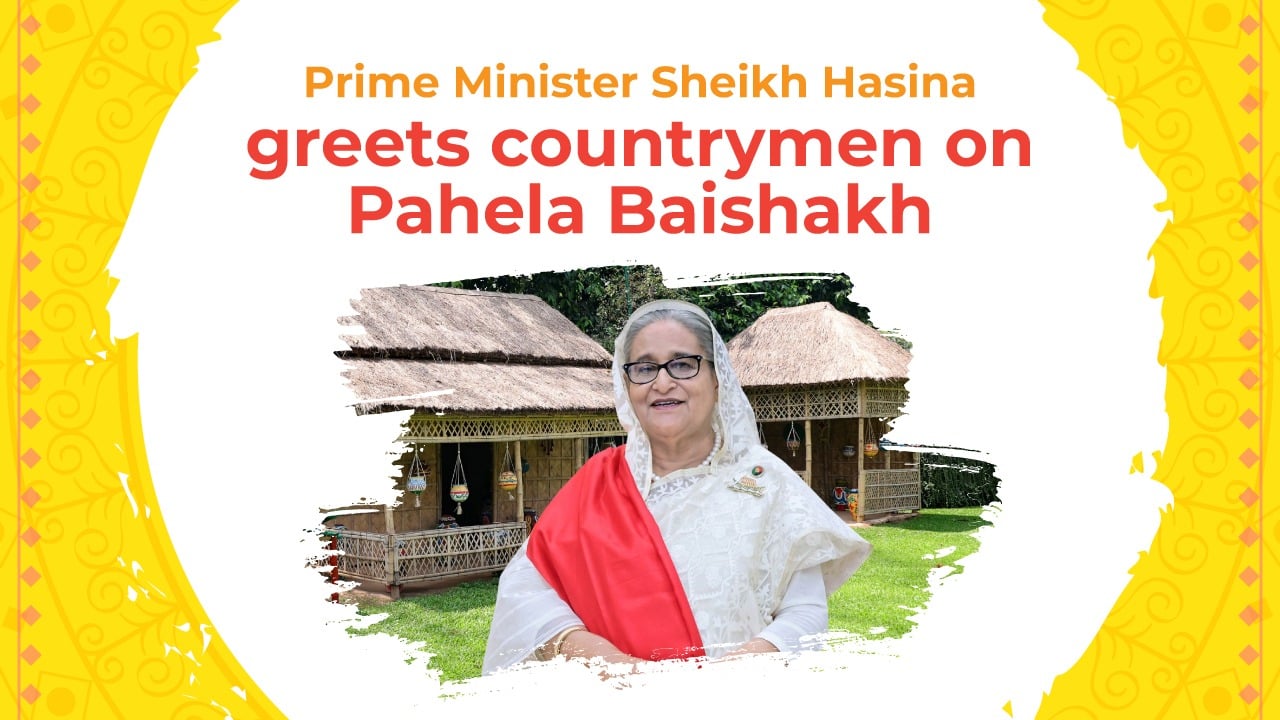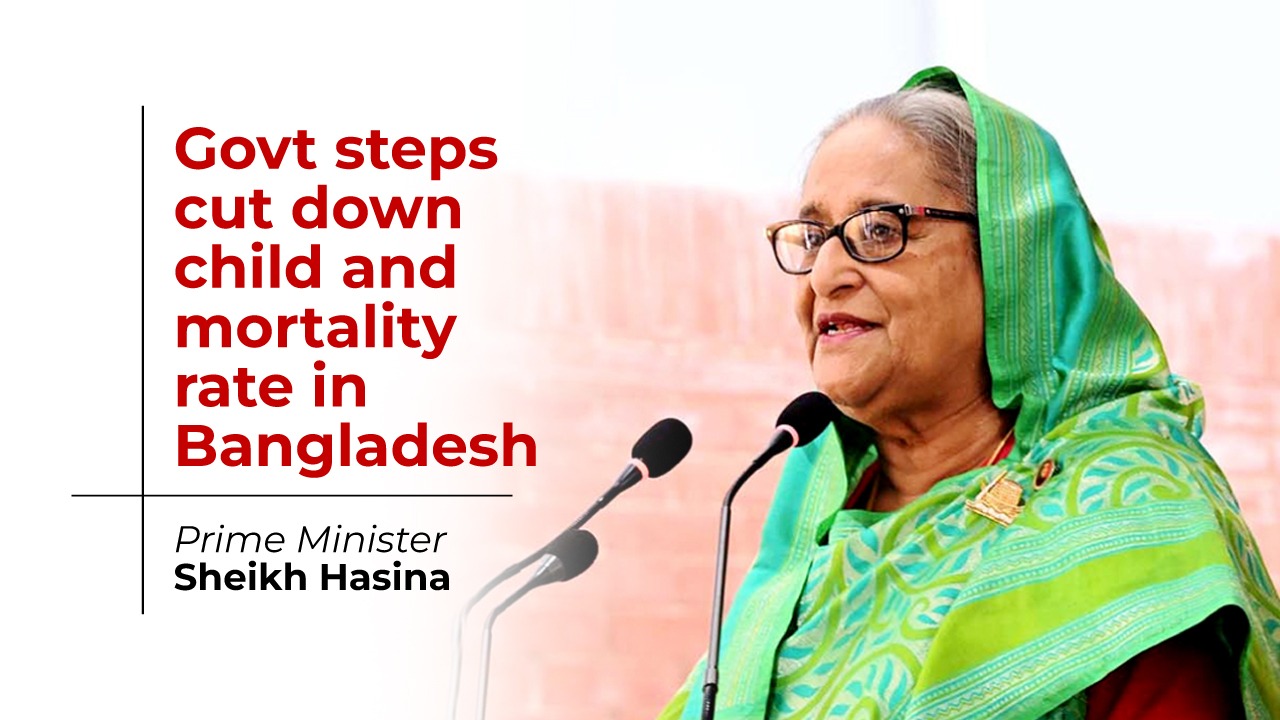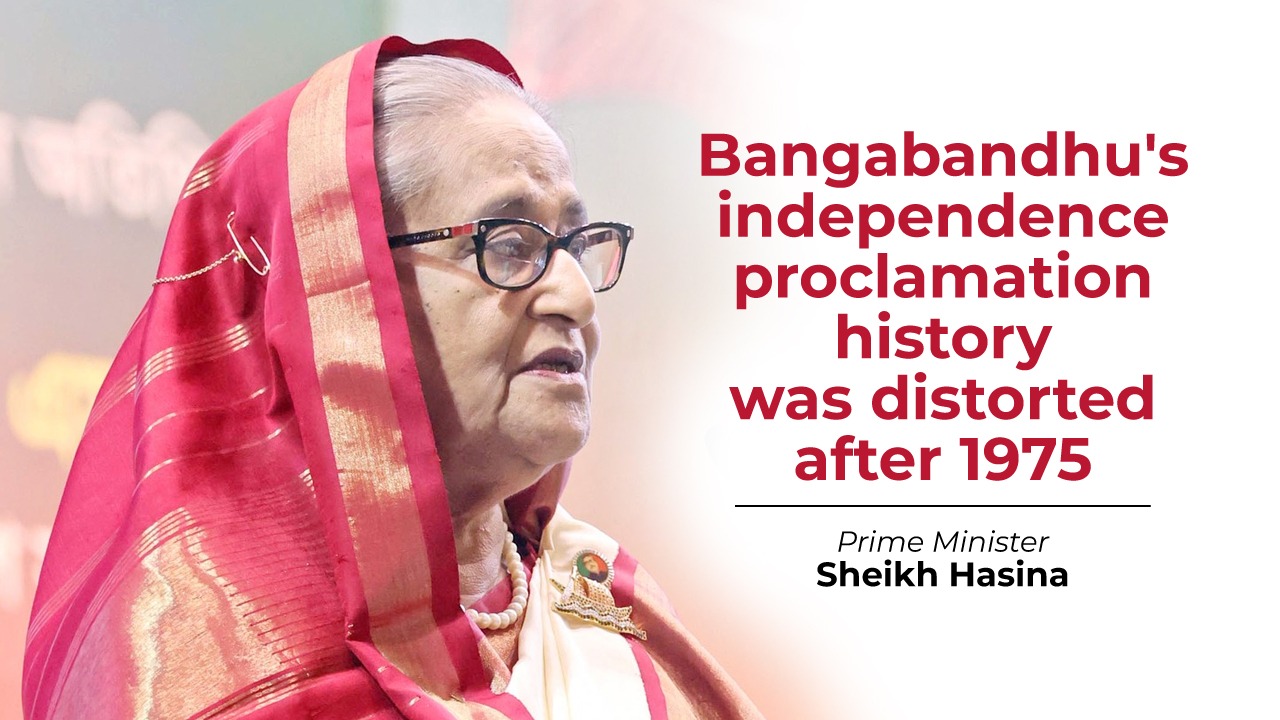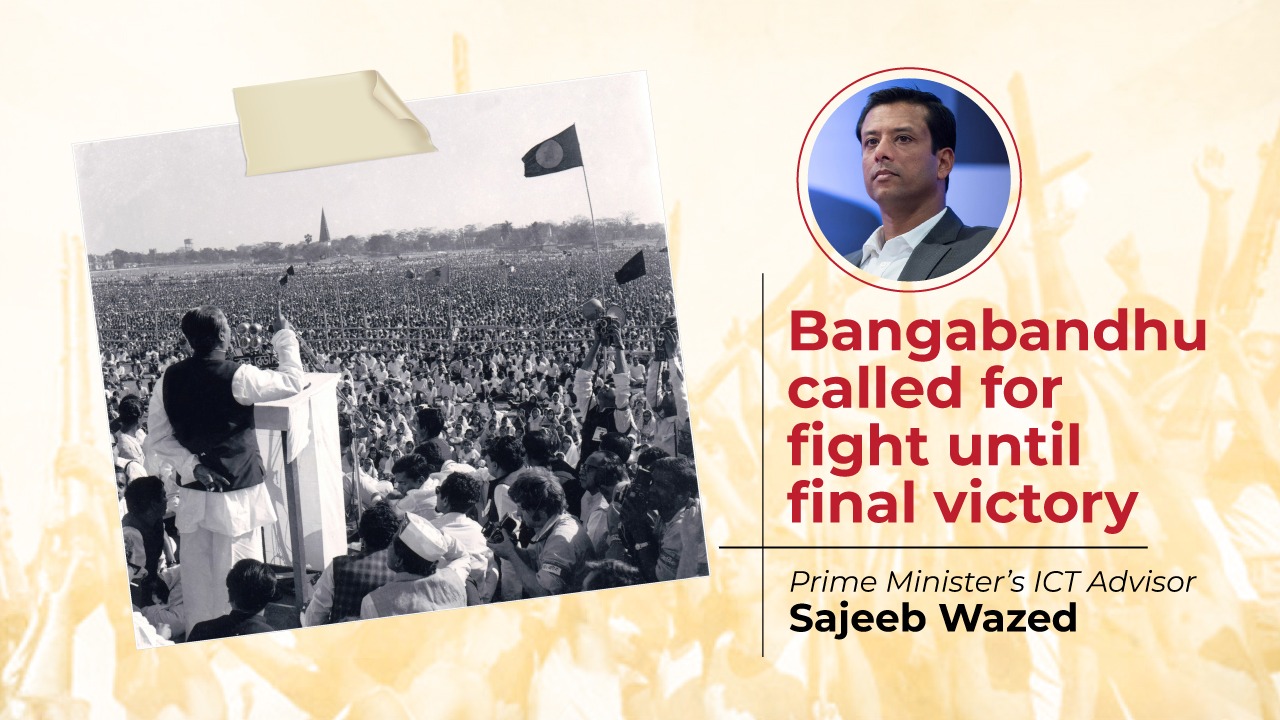2085
Published on January 25, 2023The BNP-Jamaat alliance nominated Mufti Sahidul Islam, the leader of the banned militant outfit Harkat-ul Jihad (Huji), to run against Sheikh Hasina in the 2001 general elections. Sahidul took pro-Taliban madrasa students from all over the country for campaigning in Narail, where she spread hate by inciting and derogatory remarks against the then-outgoing Prime Minister Sheikh Hasina. They used mikes and microphones of village mosques for seeking votes, which left people in fear.
The Janakantha on September 3, 2001, reported that Mufti Hannan, the top leader of Harkat-ul Jihad, tried to kill the then Prime Minister Sheikh Hasina in July 2000 by burying a 76 kg bomb in Kotalipara, Gopalganj. Later, Mufti Sahidul Islam, his close friend and Huji leader, helped Hannan to escape. After spending 20 years in India, Pakistan and Afghanistan, he returned home and built a pro-Taliban extremist base in Faridpur over a decade.
By nominating this militant leader against Sheikh Hasina in Narail, BNP leader Khaleda Zia made a blueprint for sabotaging Sheikh Hasina's election campaign. Earlier, in August of the same year, Sahidul had called for militant activities in the greater Chittagong region with anti-liberation speeches. So, the people of Chittagong and Cox's Bazar were astonished to see his name announced as the BNP-Jamaat candidate for the Narsingdi-2 constituency.
Locals knew Sahidul as the leader of Taliban-funded Al Markazul Islam and Harkat-ul Jihad. So they were scared to see the name of this brutal Taliban militant in the nomination list of the BNP-Jamaat alliance. It drew huge outcry across the country.
Earlier, Mufti Sahidul ran militant activities for a decade in the Rohingya camp area of Cox's Bazar. There, he met the Afghan Taliban commander Salim Sherku and Arakanese Harkat leader Maulana Quddus, who were close to Mufti Hannan. They used to train extremist militants in the deep forests of Ukhiya and Naikhongchhari.














